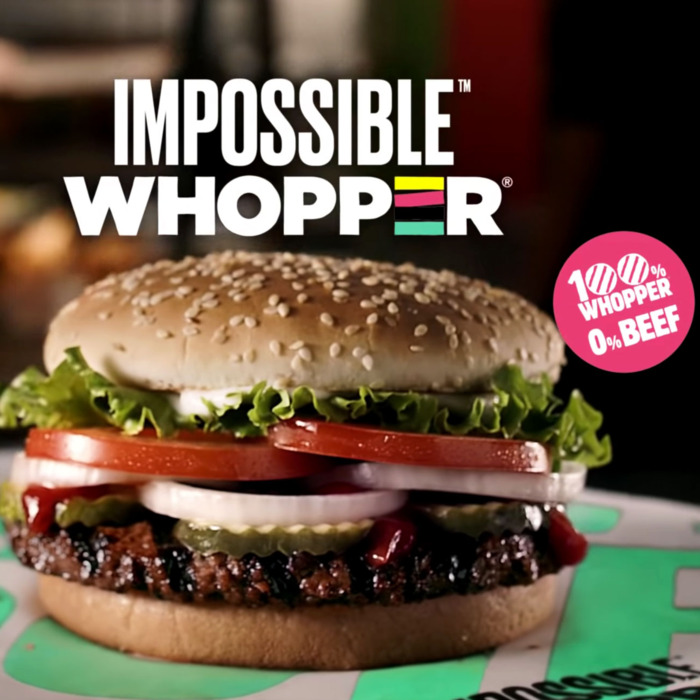
In the Lex Column of the Financial Times on 3rd, April 2019, we noted an interesting article. It highlighted that growing numbers of vegetarians mean big food groups are keen to invest in plant-based substitutes for meat. Start-ups are ahead in the race to produce alternatives that look and taste like the real meat stuff. Thus, a major market may develop.
Veganism was once a fringe movement. Now, it is becoming mainstream. US sales of plant-based food was growing 10 times faster than the rest, according to research group Nielsen.
As consumers reduce their meat intake, manufacturers are racing to exploit the trend. In other words, interest in plant-based burgers is sizzling hot!
Same old-style veggie burgers would be beaten in a taste test by the cartons in which they came. The latest version sizzle and “bleed” like real meat, manufacturers claim. In the food industry hype is a vital ingredient. Nestle, the Swiss food giant, calls its new soy protein-based patty “incredible burger”. It has launched recently, soon after news that Impossible Foods of the US had struck a deal with the large fast food chain Burger King.
The battle of the plant-based burger will be had fought. Unilever, which recently bought meat-substitute company The Vegetarian Butcher, had joined the fray. This company was mentioned in our previous blog.
California-based Beyond Meat, also mentioned in a previous blog, is another contender. It is preparing for an IPO as it seeks to expand its market territory. Competition will reduce industry profits.
For now, affluent consumers are expected to pay up. Smaller, rich households are the top buyers of plant-based burgers, says research group NPD. Impossible Whopper will cost about a US$ more than its beef counterpart.
Food groups are looking beyond committed dead-cow dodgers for growth. Just 5 per cent of Americans say they are vegetarians and 3 per cent are vegans. Many consumers, though, are cutting down on meat consumption. Health is the main reason, says Mintel, a market research company. Americans say they like the taste of the plant-based burger. Environmental worries also feature. Meat and dairy provide about 18 per cent of calories but uses 83 per cent of farmland and produces 60 per cent of agriculture’s greenhouse gas emission, a science paper said last year.
Leonardo DiCaprio, an investor in Beyond Meat, is one of the major celebrities who endorse the eco-credentials of meat substitute. Alternative meat is fashionable, virtue-signalling and tasty. No wonder the food industry want to take a bite, the Lex Column concluded.
Back to Impossible Whopper
The Burger King restaurant in Missouri, US, is testing the plant-based burger at 50 outlets. The plant-based burger will be supplied by Impossible Foods. As a result of this deal, the company is looking to raise fresh funding to increase its production capacity. Impossible Foods has already raised more than US$475 million since it was founded in 2011.
Impossible Foods and Beyond Meat have created plant-based products based on molecular science, where cells are created to mimic that of animal protein. Both pride themselves on offering burgers that aim for the same mouth feel as those made from beef. Both products “bleed” like meat, with Impossible Foods using “heme” – a protein created by its scientists through genetic engineering and yeast fermentation, while Beyond Meat uses beet juice.
The Impossible Whopper has the same ingredient as the company’s version of its burger, which now uses soyabeans instead of wheat. The diameter has been adjusted so that it fits in the Burger King bun.
Dato’ Anuar Md Nor’s Comment
We have not been visiting fast food outlets for the last three month to reduce meat consumption. When the Impossible Whopper is offered in Burger King restaurants in Malaysia, we could be enticed to visit its outlet again. We are sure McDonalds is watching!